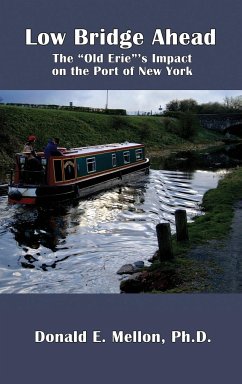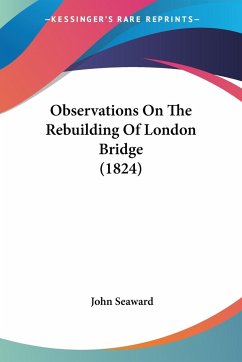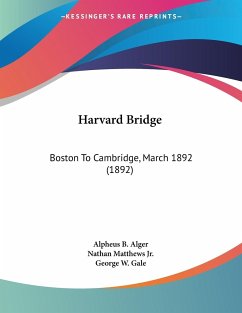Some economic historians attribute the growth and prosperity of the city of New York to the successful completion of the Erie Canal in 1825. Others disagree, citing the importance of the "Cotton Triangle" whereby the Port became the financial and trade intermediary between the producers of "King Cotton" in America's Southland and the rapidly growing textile industry of England. This thesis examines the publicly initiated role of entrepreneur assumed by the citizens of New York state through their legislature and personified by their Governor DeWitt Clinton. It also considers the facts and statistics that champion the school of thought which held "Old Erie" superior to "King Cotton" in assessing the importance of events leading to New York's ascendency. As the reader navigates the Canal packet boat, his/her way along the waterway avoiding the hazards occasionally encountered, the author, acting as boatswain, cautions "Low Bridge Ahead." About the Author Donald E. Mellon, Ph.D. has an extensive and varied background in the field of business academia. After serving in World War II from 1943 to 1946, he earned his Bachelor of Science degree from Syracuse University in 1948 and a Master's degree in Education from Siena College in 1955. He was employed as a high school teacher in Massena, New York, where he met his wife Joan, whom he married in 1963. He later earned his Master's degree in Business Administration and the Doctor of Philosophy from the College of Business Administration of New York University in 1975. He taught at Bergen Community College where he chaired the Business Education Department. He retired in 1996.
Hinweis: Dieser Artikel kann nur an eine deutsche Lieferadresse ausgeliefert werden.
Hinweis: Dieser Artikel kann nur an eine deutsche Lieferadresse ausgeliefert werden.








